Right to Repair bill killed, do you think the iPhone is really 'too complex' to fix on your own?

We don't know what's with Apple's European lobbyists and lawyers, but they seem to be pretty actively seeking to gang up on seemingly unworthy victims, like German bike paths, coffee shops, and Norwegian repair centers.
After getting a shipment of iPhone screens from Hong Kong seized at customs last year, Mr Huseby was contacted by Apple lawyers who tried to sweet-talk him into signing an agreement not to use or distribute such parts any more. No way, he said and, knowing the liberal Norwegian system, hired an attorney: "They threw all kinds of claims against me and told me the laws and acted so friendly and just wanted me to sign the letter so it would all be over. I had a good lawyer that completely understood the problem, did good research, and read the law correctly." Long story short, since the iPhone 6 and 6s displays in question were refurbished using genuine Apple parts from broken iPhones, the court sided with the repair shop owner.
In California, however, the Right to Repair Act proponents had no such luck. Here's an excerpt from their bill:
As we continue to evolve in our dependence for technology, we go through and create a lot of electronic waste. It just feels as though corporate America developed a business practice that sells you something, but you can only go back to them to fix for another $1,000. In my day, when you bought a microwave, it lasted a really long time and you would repair it on your own.
The Right to Repair Act defenders say that in the last two decades, manufacturers have monopolized repairs by withholding manuals, and introducing custom parts, down to the pentalobe screws that Apple had in its iPhones. While they may sound a bit Luddite, the proposal put California among the many states where such laws are considered. Apple, Microsoft, IBM, Cisco and other tech giants have been fighting tooth and nail against their passage, though, as, they argue, they want to control the repair process to ensure safety and environmental compliance.
After a media backlash, they established a lobbying firm, CompTIA, to deal with the bill, and it sent people to the California State Assembly's Privacy and Consumer Protection Committee. The lobbyists brought a disassembled iPhone as an exhibit, reports Motherboard, gunning to show how inadvertently piercing the lithium-ion battery inside may result in thermal runaway and injuries. An Apple exec is even on record saying that iPhones are "too complex" to repair by anyone but staff in authorized centers.
The Commitee hearing was supposed to take place on Tuesday, but Assemblywoman Susan Talamantes-Eggman, the bill's sponsor, decided to pull it in the last minute, realizing that the industry's lobbying efforts against the California Right to Repair Act, has born fruit. Her full statement on the withdrawal puts it rather succinctly:
Today I decided to pull Assembly Bill 1163 from consideration in the Privacy and Consumer Protection Committee, with the goal of moving the bill in January of next year. While this was not an easy decision, it became clear that the bill would not have the support it needed today, and manufacturers had sown enough doubt with vague and unbacked claims of privacy and security concerns.
I feel that we are on the right side of this issue, and that ultimately the bill will prevail. Unfortunately, presenting it today would not advance the issue because it would jeopardize our opportunity to continue working on the bill next year. I will be working with members of the committee in the coming months to secure the support needed to make the Right to Repair a reality in California.
Ultimately, Apple has agreed to provide select third-party repair shops with the option to buy genuine parts from it and replace them on its own, as part of a new program called "Apple Genuine Parts Repair." It can be a quiet new way to comply with an eventual Right to Repair legislation passing if it comed down the road, or it could be a bargaining chip for tech company lobbyists to prevent such bills from being considered in the first place. In any case, the California Right to Repair Act bill is now withdrawn because... iPhones exploding in the hands of laymen and things.
This is why we wanted to ask you if you are on the side of the tech companies that argue that it is a health, privacy and environmental hazard if third-party repairmen are given the option to fix their products, or are you of the opinion that, say, iPhones are not "too complex" to repair in unauthorized by Apple shops?
Follow us on Google News




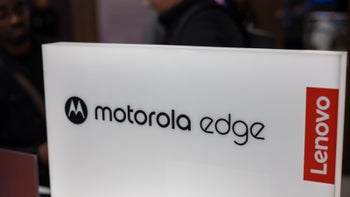

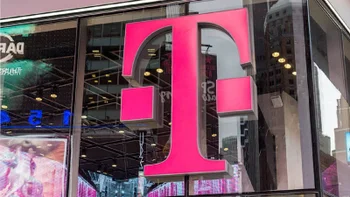
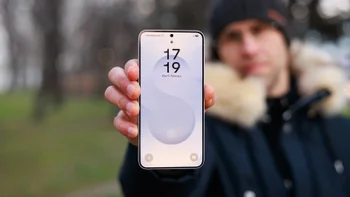



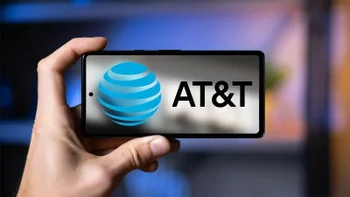
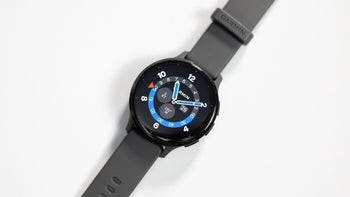
Things that are NOT allowed:
To help keep our community safe and free from spam, we apply temporary limits to newly created accounts: